
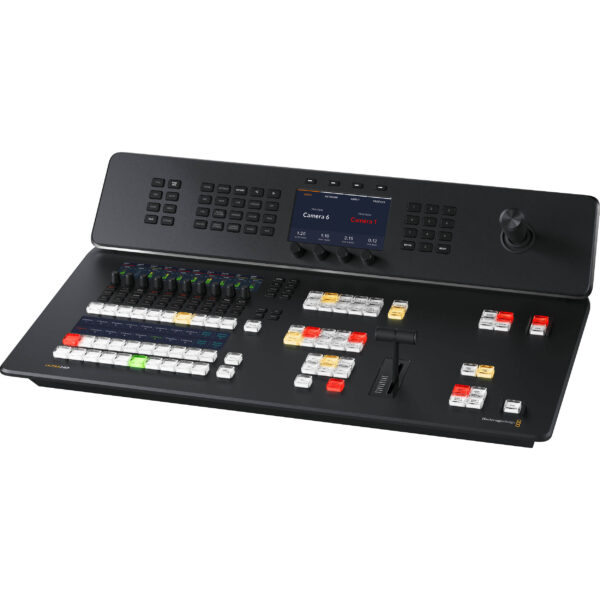
Blackmagic Design SWATEMTVSTC/HD08ISO ATEM Television Studio HD8 ISO
€ 3.765,00 + VAT
- 8-Input 3G-SDI 1080p60 Live Switcher
- Redesigned Buttons and Layout
- Record Each Input to Separate Files
- Supports Remote Internet Cameras
- Streaming Support, USB & M.2 Recording
- Blackmagic Cloud Integration
- Up to 16 Multiview Output Sources
- Audio Mixing, Transitions, T-Bar, AUX
- Customizable Electronic LCDs
- Camera Control, Timecode, Talkback
The switcher features an all-new button layout, and it’s made from polycarbonate material, so it’s much lighter than its predecessor. It provides numerous enhancements to the layout with professional buttons, LCD label displays, and an easy-to-navigate button layout.
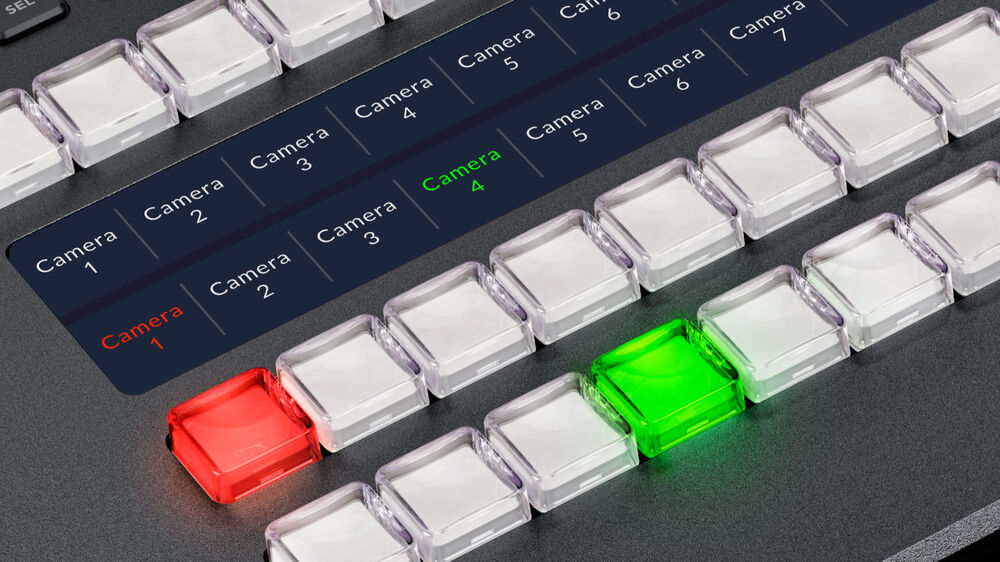
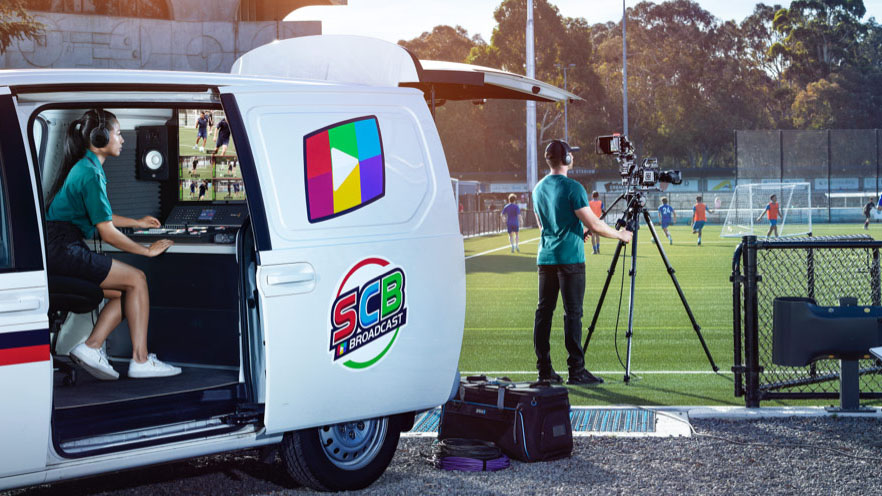
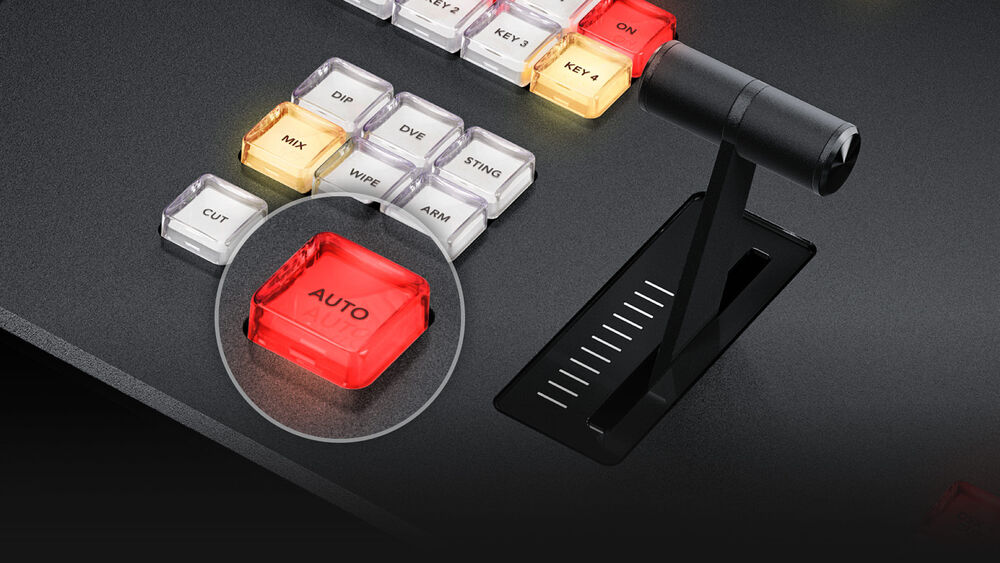
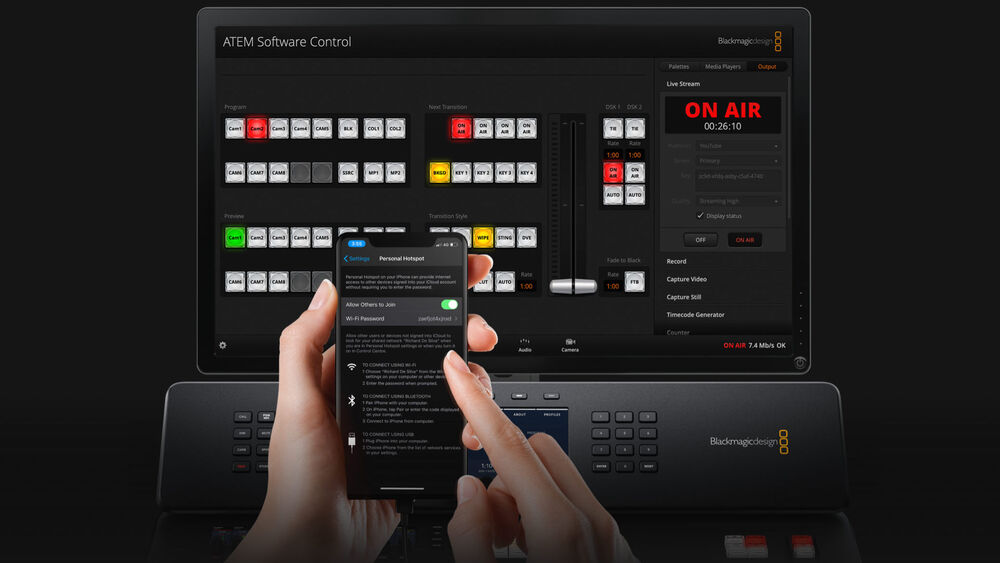
The ATEM switcher will detect when a phone is connected and automatically switch its internet connection to use it if the Ethernet connection is lost. When connected, the phone will also power from the USB port, so it always remains charged and ready to go. By using phone tethering and mobile data, you get the perfect mobile production solution that can be transported anywhere.
A DaVinci Resolve Project file is saved and linked to the input video files, so your live switching is converted into an edit timeline that you simply click to open. Now it’s easy to re-edit your show with new color grades and even updated graphics. Plus all audio is recorded into separate WAV files, so you can professionally remix your audio.
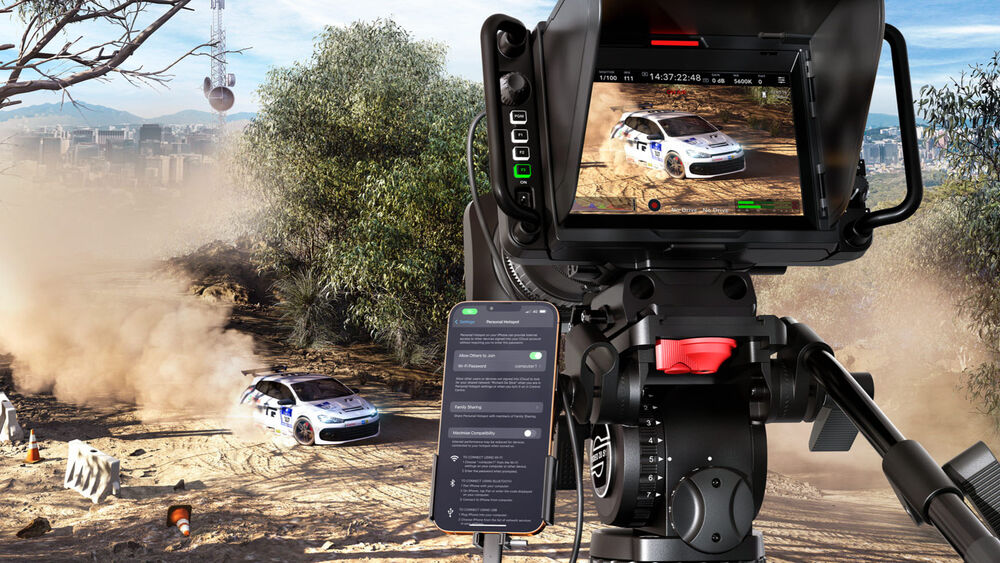
However, if the switcher is set to a fixed external IP address, then you can export an XML file with the camera settings to live stream from anywhere on the internet. Simply load the XML file into the camera. Plus, you even get camera control and tally. Program audio is also sent back to the camera, which is great for live interviews.

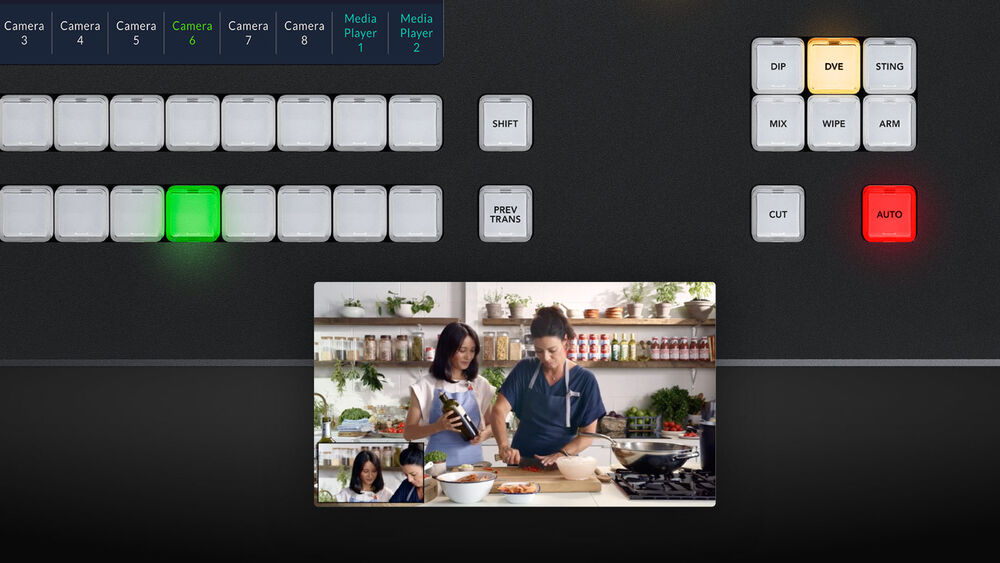
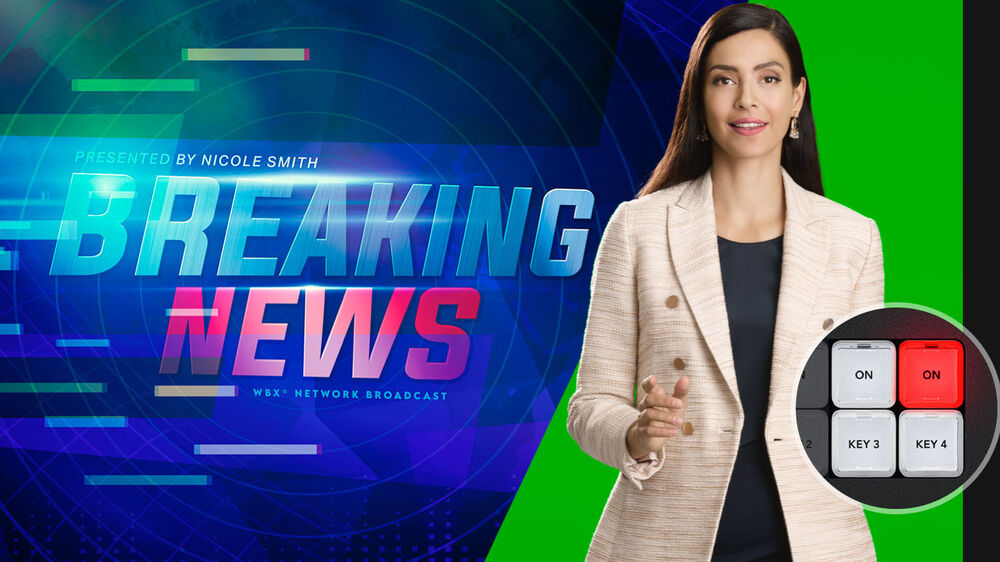
SDI input audio channels 1, 2, 3, and 4 can also be manually routed to various embedded audio channels in the program and aux outputs. Plus, you can even route out audio channels 1 and 2 from the SDI inputs to the MADI digital audio output, so you can hand off the switcher input audio to an external audio engineer for mixing.
You also get two dedicated aux outputs for driving stage monitors and master recorders. These aux outputs can be live switched using dedicated buttons on the control panel. Aux 1 even includes an on-screen counter for presenter monitoring. Plus, you can manually route audio into all 16 embedded audio channels in the SDI outputs. For camera monitoring, there is a dedicated 3G-SDI and HDMI output for the multiview.
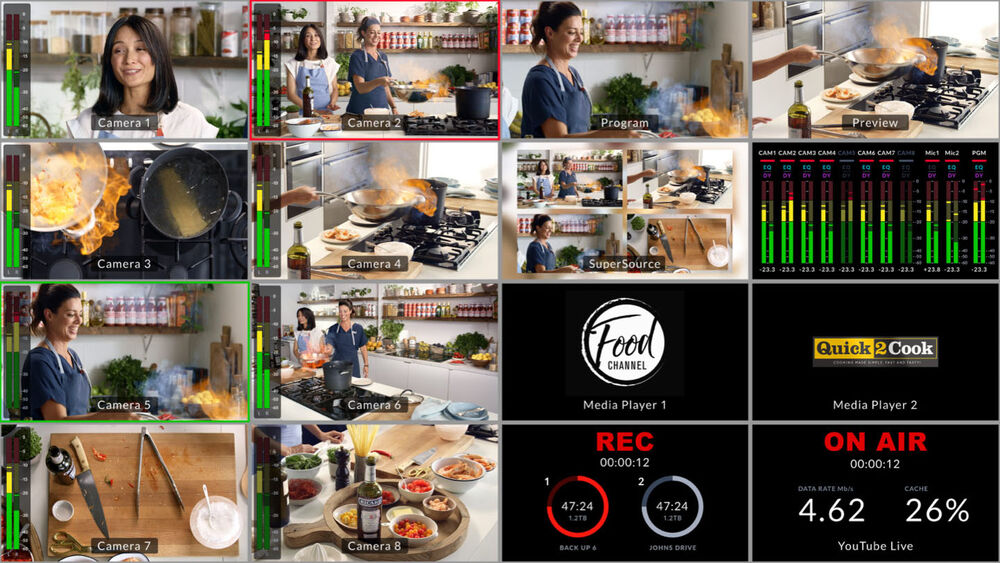
The design features amazing quality with an extremely low noise floor of -129 dBV, a dynamic range of 131 dB(A), low distortion of 0.002%, and uniform tolerances across all channels. It even uses 8 separate ADCs on each input to collectively extend the dynamic range. Plus, it has a fun HDMI monitoring output with scrolling audio waveforms.
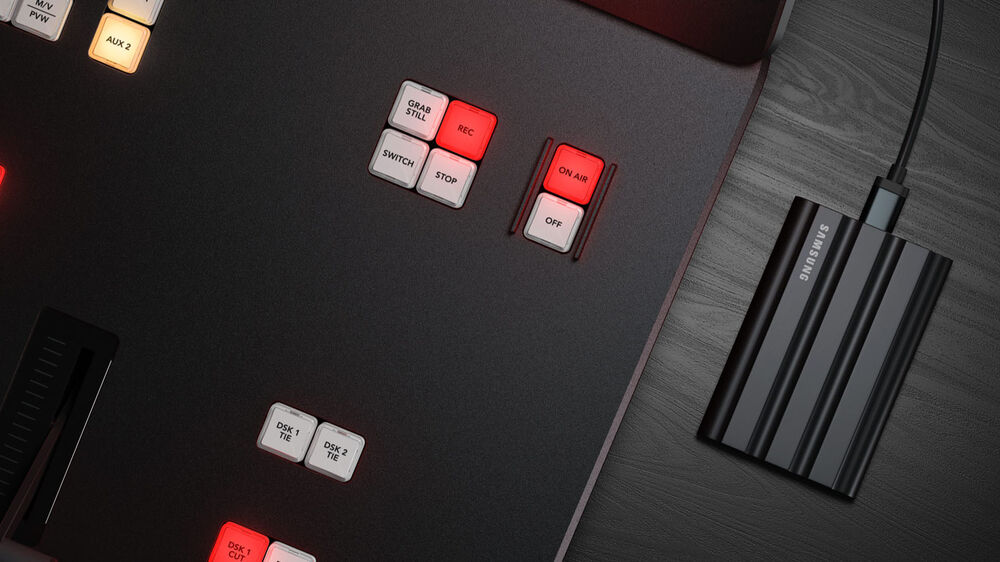
All recordings are in H.264 format with AAC audio for broadcast-quality video and small file sizes. You can also connect multiple USB disks, so recording will continue if a disk becomes full. You even get buttons on the control panel to start recording, and you can see record status in the multiview.
Imagine doing a presentation from a professional broadcast studio to software such as Zoom, Teams, or Skype. For streaming, the webcam output also works with streaming software such as Open Broadcaster, XSplit Broadcaster, and more.
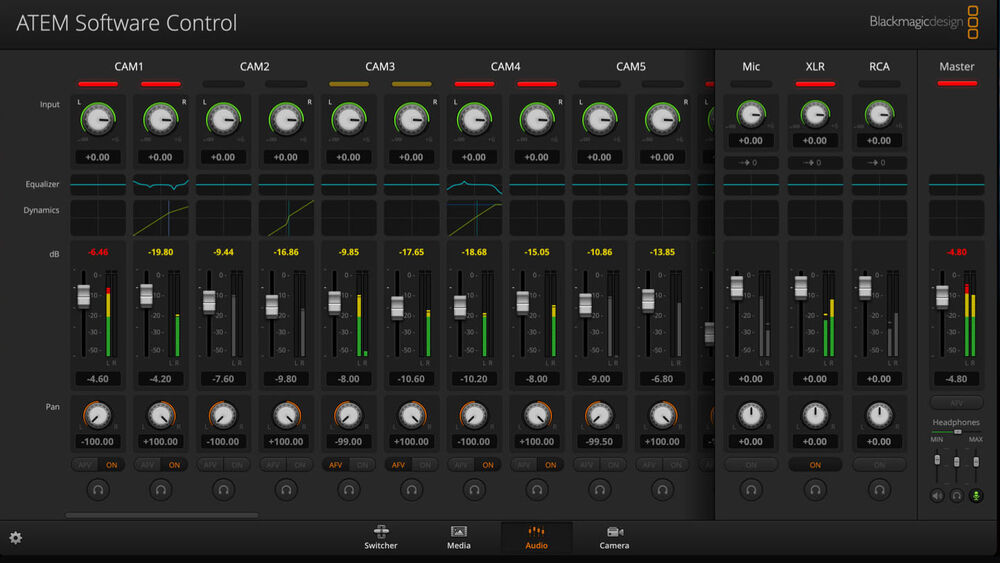
The software lets you live switch, mix audio, color correct in the cameras, and manage media. You can also build and run complex macros from the software. Plus, you can save the switcher state as an XML file for recalling jobs later. You can even control-trigger external HyperDeck recorders.
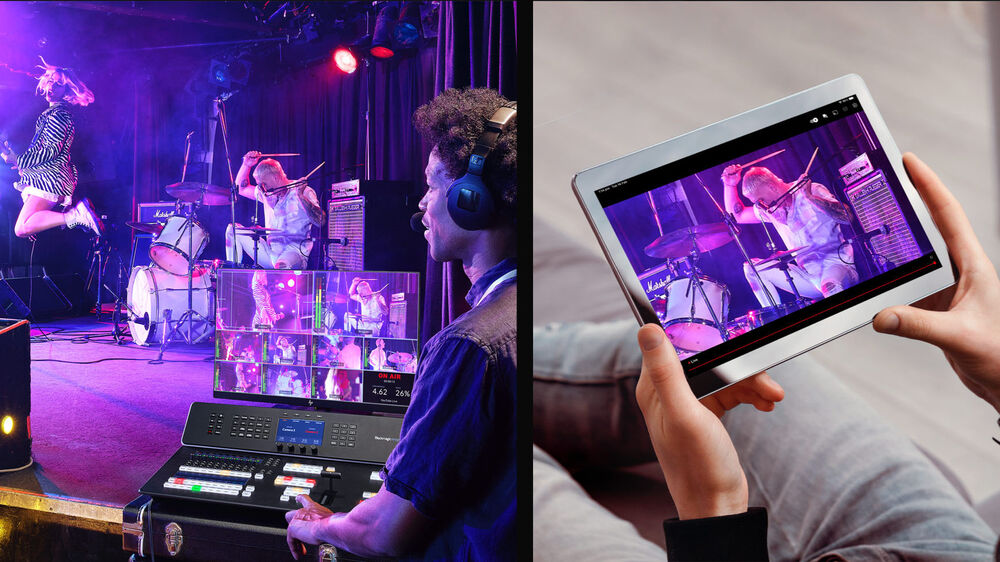
Streaming works using the Ethernet connection to the internet, or you can connect a smartphone to use mobile data. Then, you simply select the streaming service and enter the streaming key using ATEM Software Control. This makes streaming easy to set up, and the convenient data-rate indicator shows the internet speed required. If you’re technically minded, you can even update the streaming profiles in an XML settings file to add new services.
Simply go into the set up menu to change the language, or you can always switch to another language at any time in the future. Once a language is selected, the menus on all the LCDs will change to the selected language. Multiple language support means ATEM Television Studio HD is perfect for doing live production work anywhere in the world and with any crew.
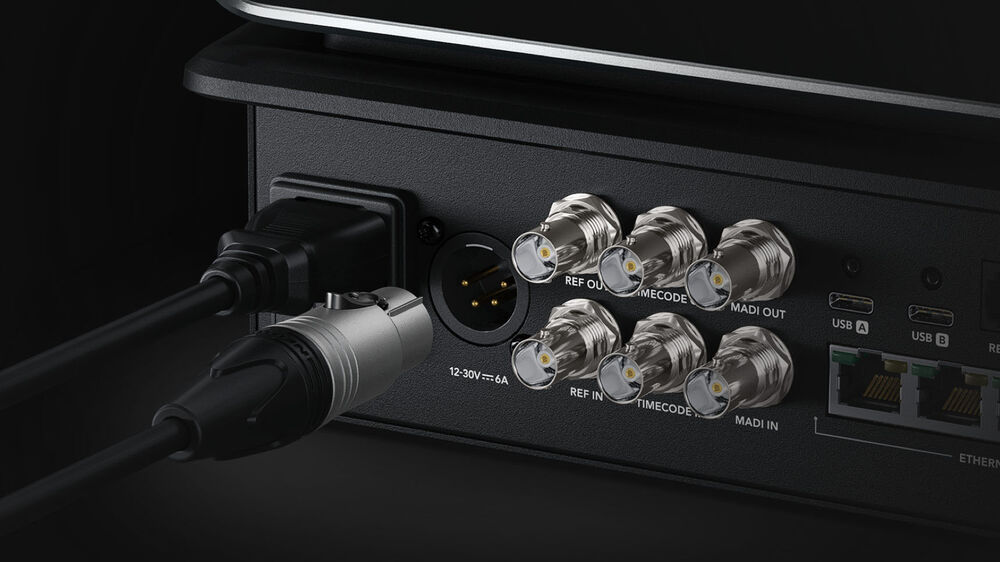
A broadcast-standard XLR 12 VDC power connection is included, which is perfect for backup power or for running on batteries. That means you can use it in extremely remote locations. Plus, if the internal power supply should malfunction, then you can simply connect an external DC supply to keep it running.
All the internal electronic PCBs are modular, so any qualified technician can buy a replacement and easily swap the board. This includes the connector PCBs, which can be purchased separately. All the technician needs to do is remove the bottom cover and replace the PCB. A large broadcaster could even buy the boards as a spare parts kit.
| Weight | 12000 g |
|---|


MAECENAS IACULIS
Vestibulum curae torquent diam diam commodo parturient penatibus nunc dui adipiscing convallis bulum parturient suspendisse parturient a.Parturient in parturient scelerisque nibh lectus quam a natoque adipiscing a vestibulum hendrerit et pharetra fames nunc natoque dui.
ADIPISCING CONVALLIS BULUM
- Vestibulum penatibus nunc dui adipiscing convallis bulum parturient suspendisse.
- Abitur parturient praesent lectus quam a natoque adipiscing a vestibulum hendre.
- Diam parturient dictumst parturient scelerisque nibh lectus.
Scelerisque adipiscing bibendum sem vestibulum et in a a a purus lectus faucibus lobortis tincidunt purus lectus nisl class eros.Condimentum a et ullamcorper dictumst mus et tristique elementum nam inceptos hac parturient scelerisque vestibulum amet elit ut volutpat.

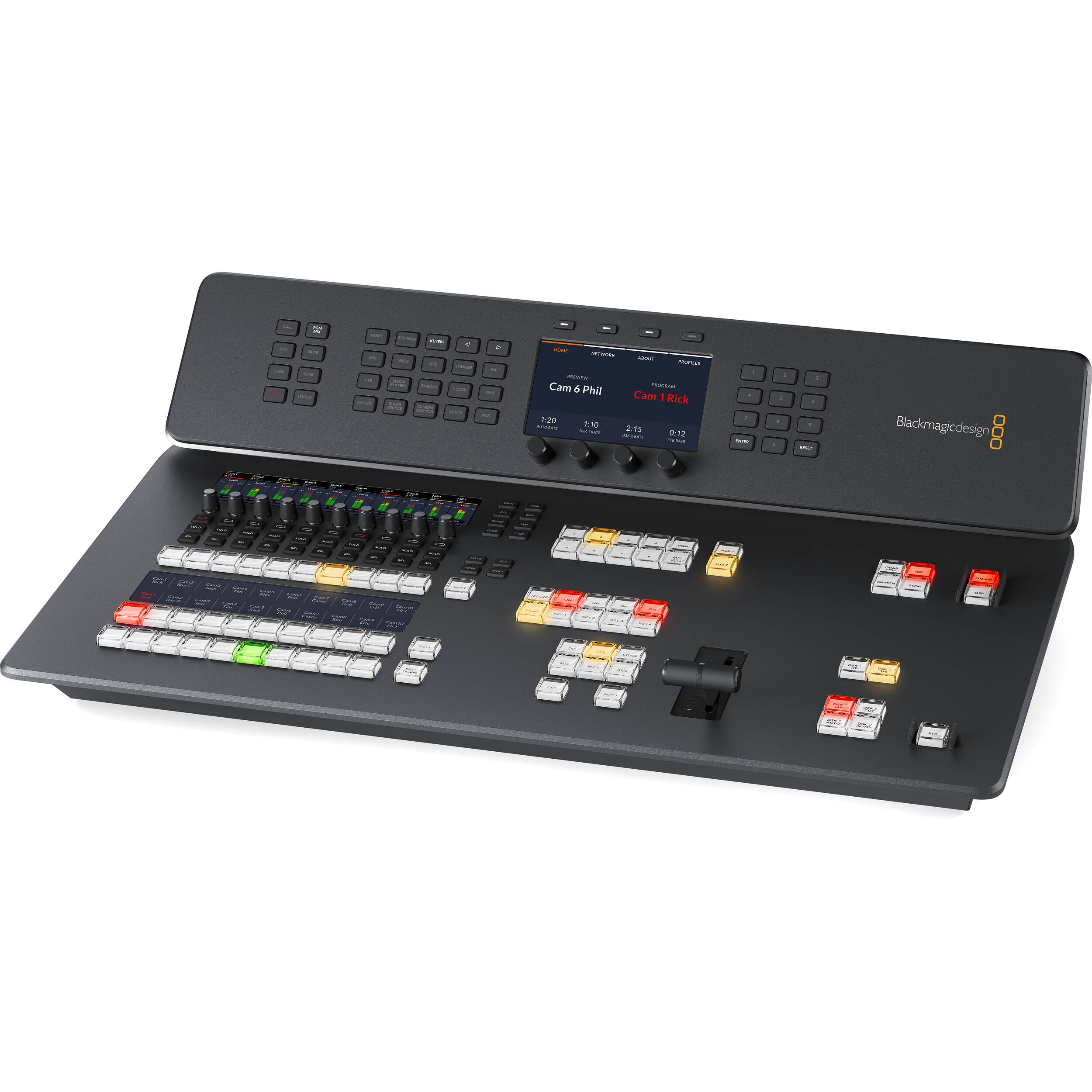
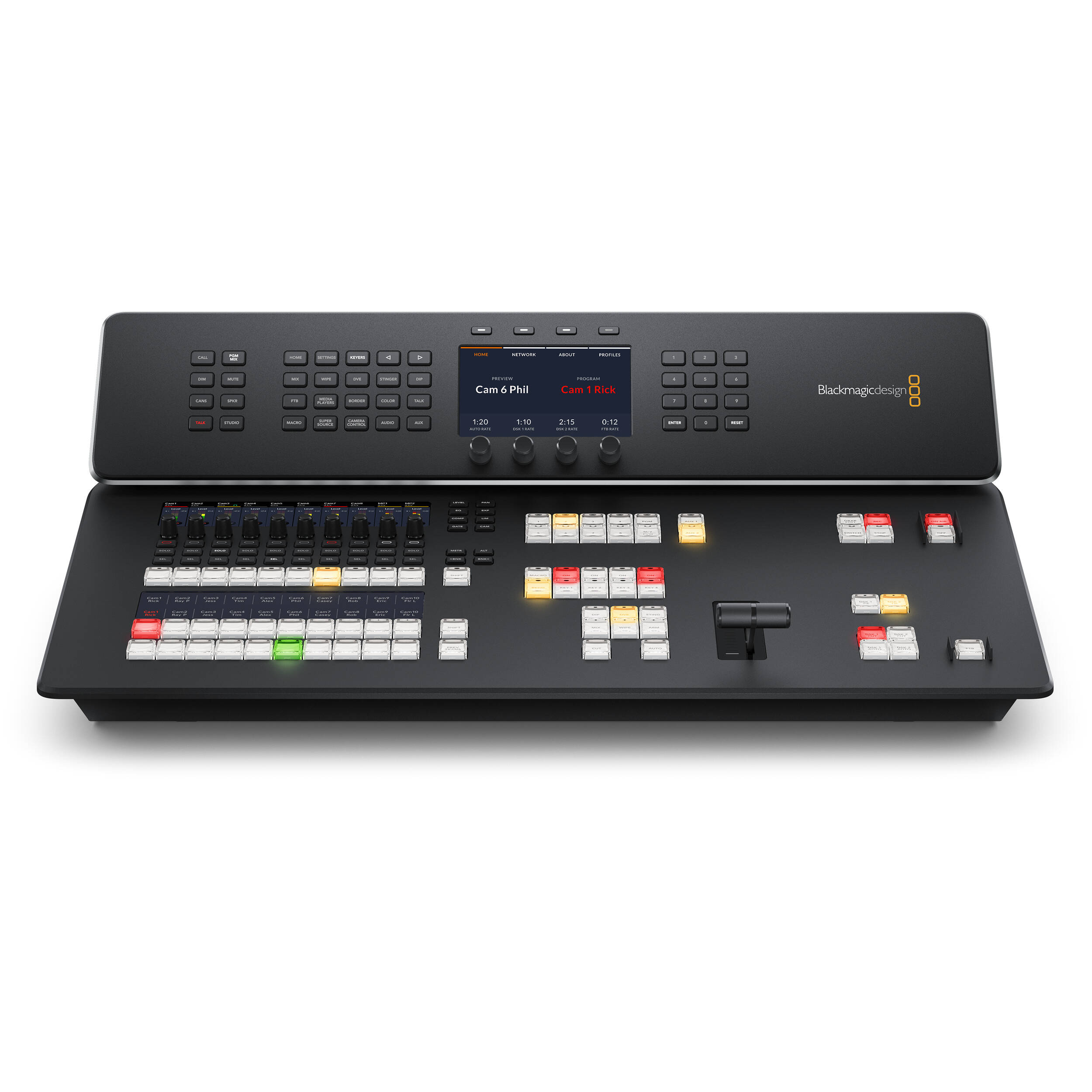
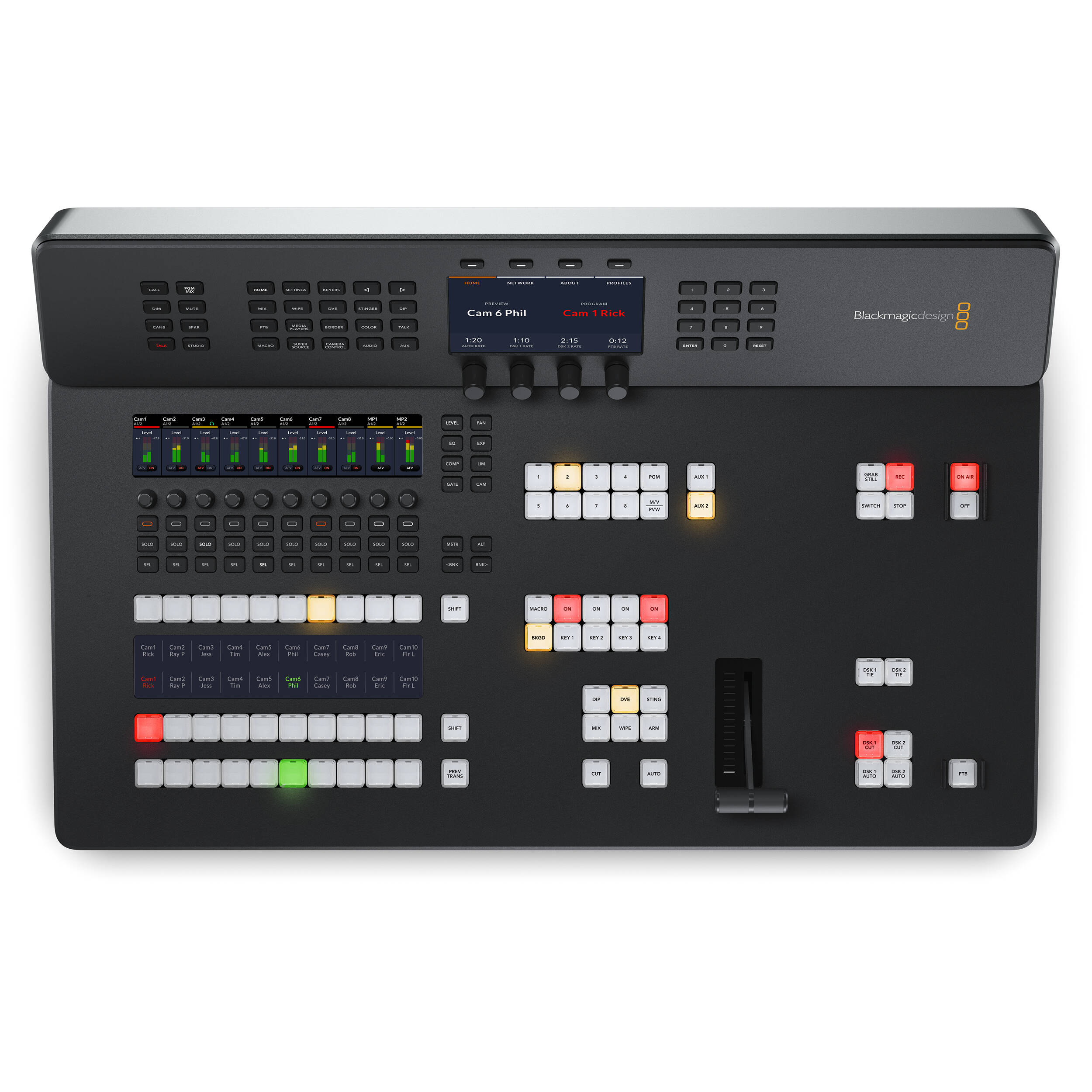
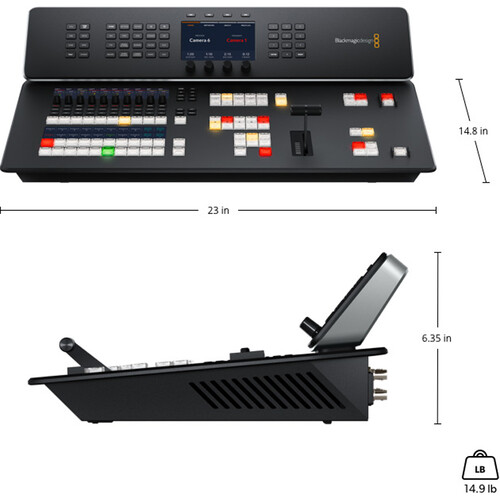
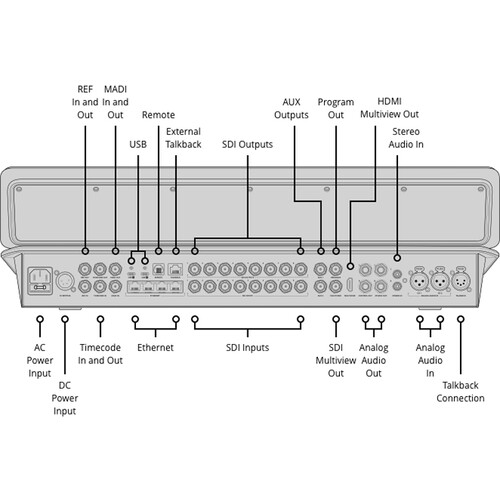
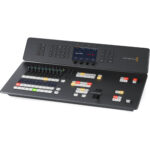
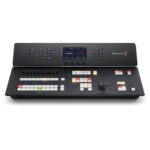
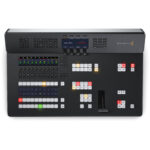
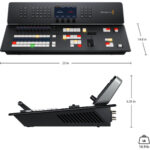
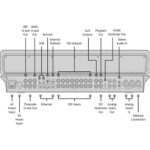

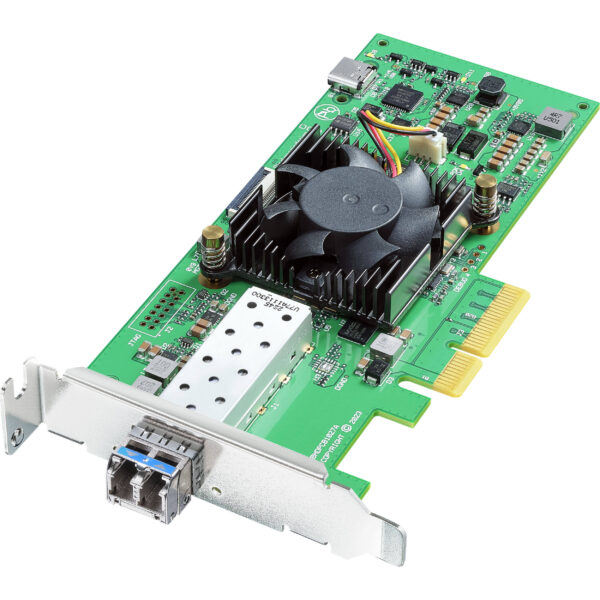
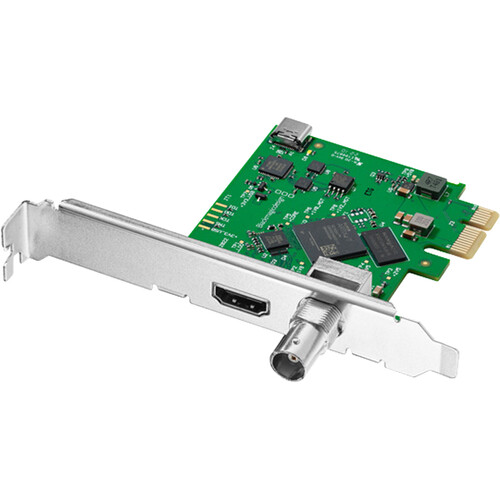


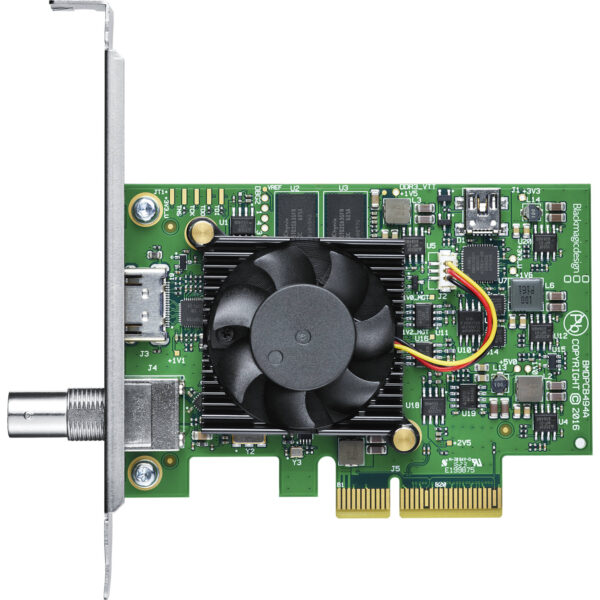
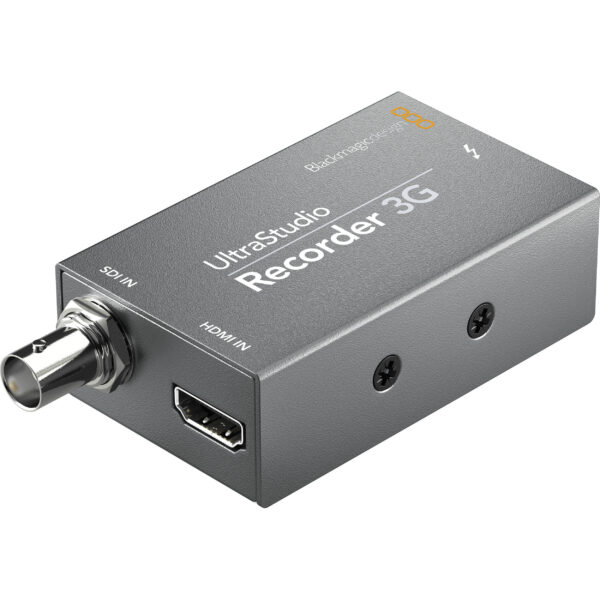
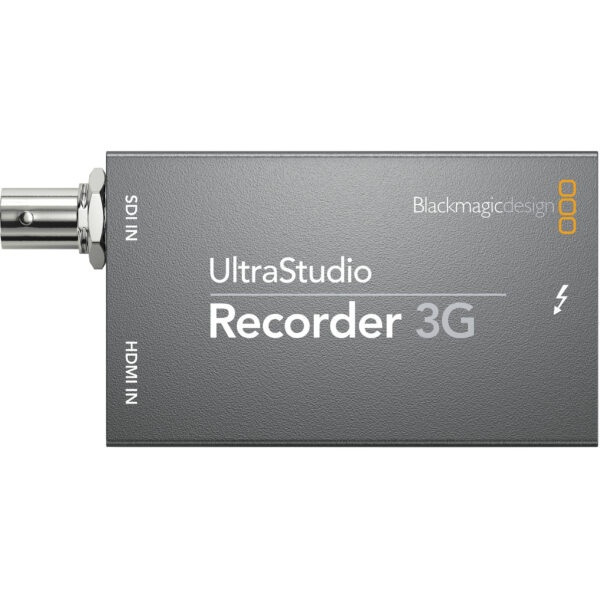
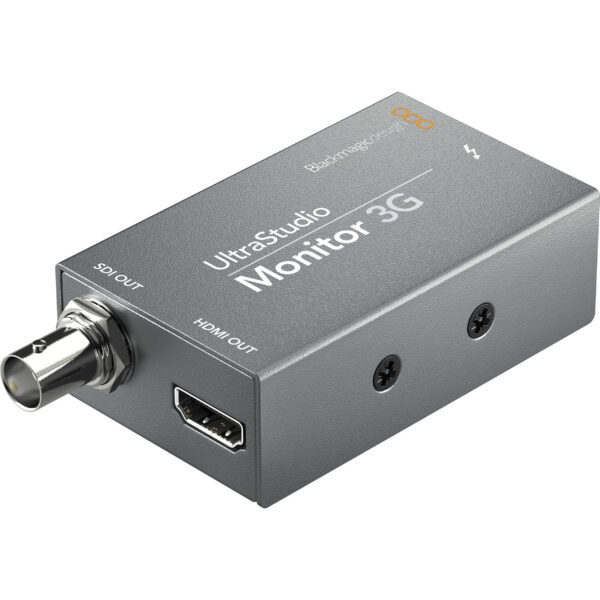
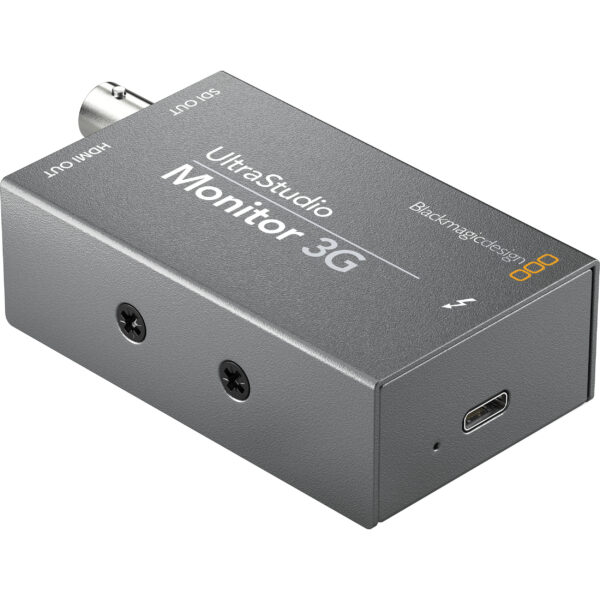

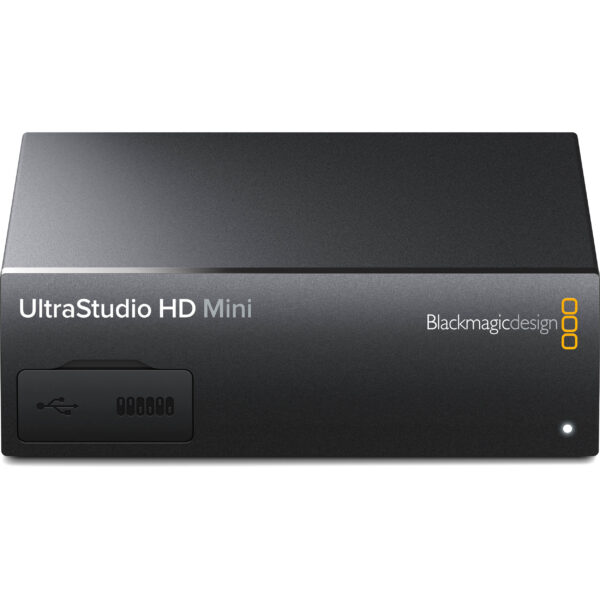






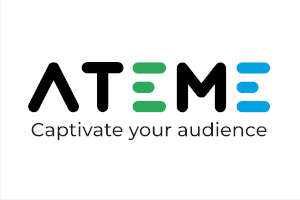

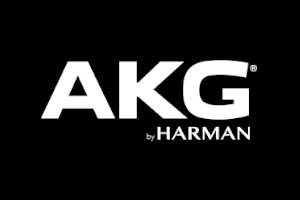

Reviews
There are no reviews yet.